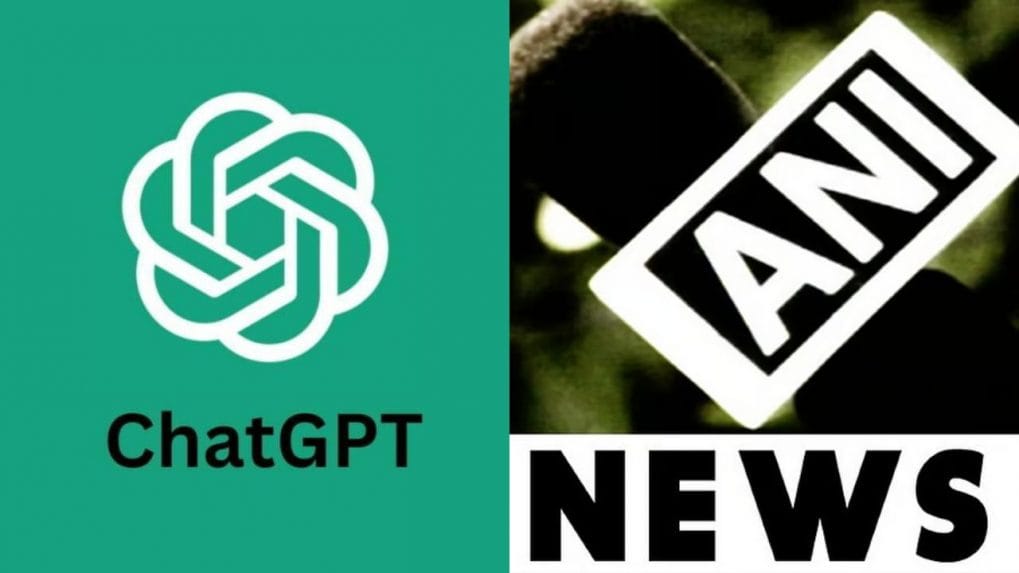How it Works
WPP, Havas, Omnicom: Are advertising’s biggest holdcos recasting agencies as AI Operating Systems?

OpenAI, the company behind the artificial intelligence chatbot ChatGPT, presented a strong defense against ANI Media Pvt Ltd's copyright infringement suit before the Delhi High Court on Wednesday, reports Bar & Bench.
Representing OpenAI, Senior Advocate Amit Sibal argued that since the training of the company’s Large Language Model (LLM) and storage of data occurs outside India, Indian copyright law does not extend to it.
The case stems from ANI's claim that OpenAI used its content to train ChatGPT, which allegedly infringed upon its copyrights.
Sibal countered that no part of the infringement, as claimed by ANI, occurs within Indian territory, noting that the Indian Copyright Act only applies within India. "Any action that is claimed to be infringement must take place in the four corners of this country. If it doesn’t, that particular action can’t be infringement," Sibal argued.
Sibal also highlighted that there is no evidence to suggest that OpenAI stores ANI's data in India, nor does ChatGPT access this data for generating responses.
He further clarified that the LLM does not store data verbatim from specific sources but rather uses vast, diverse datasets, learning from linguistic structures and grammar in the public domain.
ANI had earlier accused OpenAI of scraping its content from its website and subscriber data to train ChatGPT for commercial gain.
However, Sibal explained that the use of data in this manner does not violate copyright laws, asserting that the Copyright Act protects only the expression of ideas, not the ideas themselves or the factual content used to train AI models.
The High Court is now considering four key issues, including whether OpenAI's storage and use of ANI's data amounts to infringement, and whether the case qualifies for fair use under Indian copyright law. OpenAI will continue its arguments in the next hearing.
From purpose-driven work and narrative-rich brand films to AI-enabled ideas and creator-led collaborations, the awards reflect the full spectrum of modern creativity.
Read MorePraveen Someshwar, Managing Director and CEO of Diageo India, joins the Grand Jury of the Storyboard18 Awards for Creativity, highlighting the awards’ focus on work that blends cultural relevance with strategic and commercial impact.